Podcast: Play in new window | Download (Duration: 52:09 — 95.6MB)
Neil E. Levin discusses some of the most important nutrients for the heart and arteries
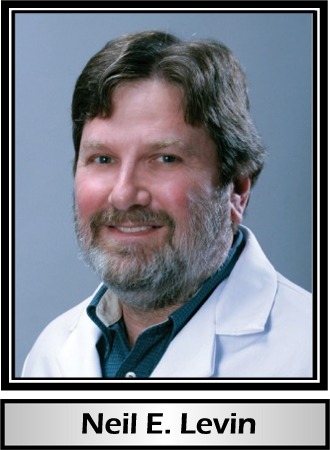
One of my goals for HealthQuestPodcast.com is to promote a paradigm shift in how we think about nutrition and disease. Current laws and regulations contribute to the confusion that consumers experience. Those same laws and regulations make it difficult and nearly impossible for manufacturers to convey useful information about their products.
The paradigm shift I speak of is this: We need to stop thinking of nutrition as a way to treat disease. Doctors treat disease, drugs treat disease, modern medicine treats disease. Vitamins, minerals, herbs, etc. do not treat disease. These and other nutrients nourish the body and support human structure and function.
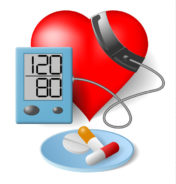
This is actually a very profound distinction. But it is one that most people don’t make. It is easier for people to think they want to use nutrition to treat their high blood pressure, for example*. That thought process leads us in the wrong direction right from the start. Treating high blood pressure is a medical concern. So we begin to look for products that “treat” high blood pressure. Since manufacturers can’t make medical claims, consumers are either left in the dark or they are exposed to illegal and unethical claims. This is a big part of this problem.
The better path to follow is to seek to nourish the body in specific ways that support the structure and function of cells, tissues and organs with a variety of specific nutrients. The body is very efficient when using nutrients. Provide the body with sufficient nutrients, then the body can maintain, repair, restore throughout the body. It is the body that heals. Nutrients are the building blocks. Food and supplements are the delivery system.
Drugs do not nourish the body. And nutrients are not drugs. Part of the problem is that we know much of how nutrition affects human health through the scientific study of nutrition and disease. So the dilemma is the conflict in the current paradigm. If a nutrient is studied for its effects on a disease, does that make it a drug? Does the discussion of a study that shows positive effect of nutrients on disease make that discussion a medical claim?
This is a serious issue because the FDA’s interpretation is any unapproved nutritional claim is not allowed. Medical information automatically makes the nutrient a drug in the current federal system. So not only is it confusing to consumers, it makes it very difficult to share good scientific studies. And it means that we have to explain and make disclaimers to keep us all on the right side of the law.
This interview with Neil E. Levin is excellent example of the challenge. Neil makes the very important point that we are at times talking about the science. Speaking about nutritional studies is critical in understanding potential benefits. This type of discussion does not make the discussion a medical claim. If you find that some companies do not speak about specific studies it is because of concerns that FDA will overreach by interpreting that discussion as a medical claim. This concern has had a chilling effect on the sharing of truthful science by supplement manufacturers.
When we seek to understand the benefits of nutrition to cardiac health, it is also fair to consider what are the challenges and deficiencies of the current medical model. Upon closer examination we discover that medical model for understanding and treating heart disease is not successful for many. To be clear we are not suggesting that nutrition treats heart disease. For all medical issues, see your doctor. We are suggesting that you should understand what the true value of any treatment is. What are the benefits and risks? How will this treatment affect you?
In any case, medical treatment is not nutritional. If you have heart disease or not, you still need to be well nourished. If you have cardiovascular concerns then it is likely that you are nutrient deficient. It is fair to suggest that if you supply the body with more of the critical nutrients then you are likely to improve health, and medical treatment may be more beneficial because the body is well nourished.
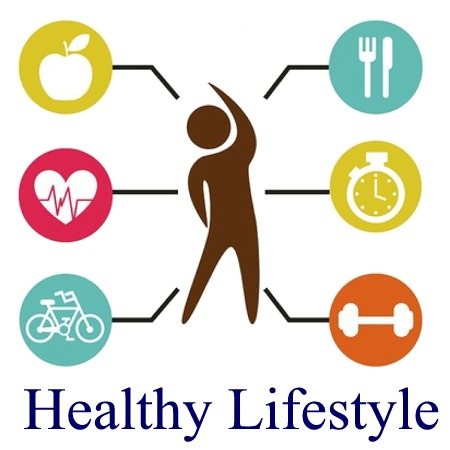
That is a long introduction to this interview with Neil E. Levin. Neil gives us a great overview of the lifestyle and diet concerns that must be considered as well as nutrition. He touches on the challenges and deficiencies of the current medical model. He then gives us a primer on some of the most important nutrients that support cardiovascular health.
How do we look at cardiovascular health using the new paradigm? We look at the tissues and organs involved and explore what nutrients provide the targeted system. In our example Neil looks at the role of vitamin C and magnesium and their role in arterial health and the body’s normal repair mechanisms.* He discusses fish oil and specifically the omega-3 fatty acids and their role in cardiac health and inflammation.* He also articulates what is considered a therapeutic dose based on current recommendations.
There are many vitamins, minerals, herbs and nutraceuticals that support cardiovascular health.* We touch on only a few. When you consider a comprehensive overview of popular nutrients you have many choices. Consider the ways each nutrient is different and how many different nutrients can have a substantial synergistic effect.
Nutrients to consider (there are others):
- Vitamins – B, C, D, E, K2
- Minerals – Magnesium
- Herbs – Hawthorn, pine bark extract, curcumin
- Amino Acids – Lysine, Proline
- Enzymes – nattokinase, proteolytic enzymes
- Nutraceuticals – CoQ10, Ribose
The idea is that you specifically choose the nutrients for their benefits to the cells involved. A variety of the best nutrients will give you broad-based support. A body that is not well nourished cannot repair, maintain or sustain robust health. A body that is well nourished will do better that one that is poorly nourished. No matter your medical treatment.
CLICK HERE for a link to all interviews with Neil E. Levin.
About Neil E. Levin, CCN, DANLA
Neil E. Levin is the Senior Nutrition Education Manager and a product formulator for NOW®. He is a board-certified clinical nutritionist with a diplomat in advanced nutritional laboratory assessment. The U.S. Natural Products Association (NPA) presented Neil its Industry Champion Award in 2008 for “people who have made notable individual contributions to the natural products industry above and beyond what is expected to achieve commercial success.” Neil’s interviews and articles are published in magazines and newspapers. He has been featured in many radio interviews and television news reports. Neil blogs at www.honestnutrition.com; is on Facebook (Honest Nutrition) and Twitter (neilelevin).




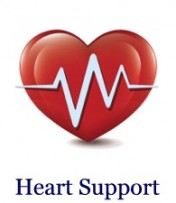
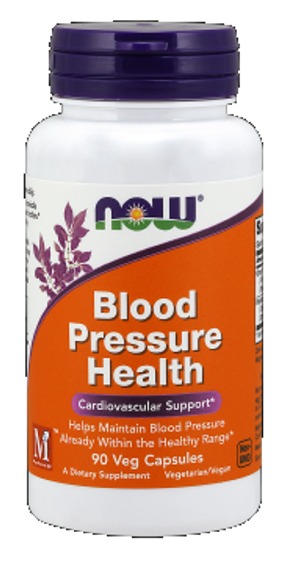
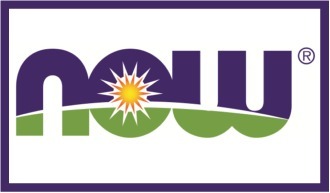

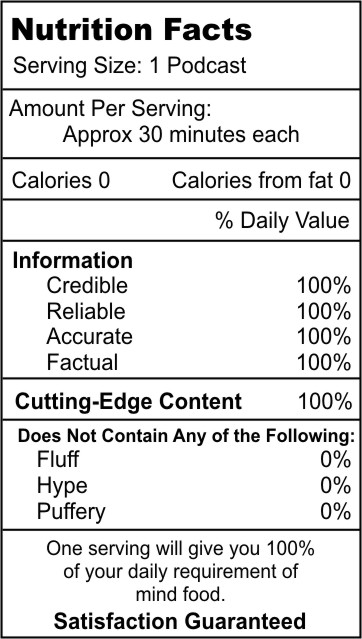




{ 0 comments… add one now }